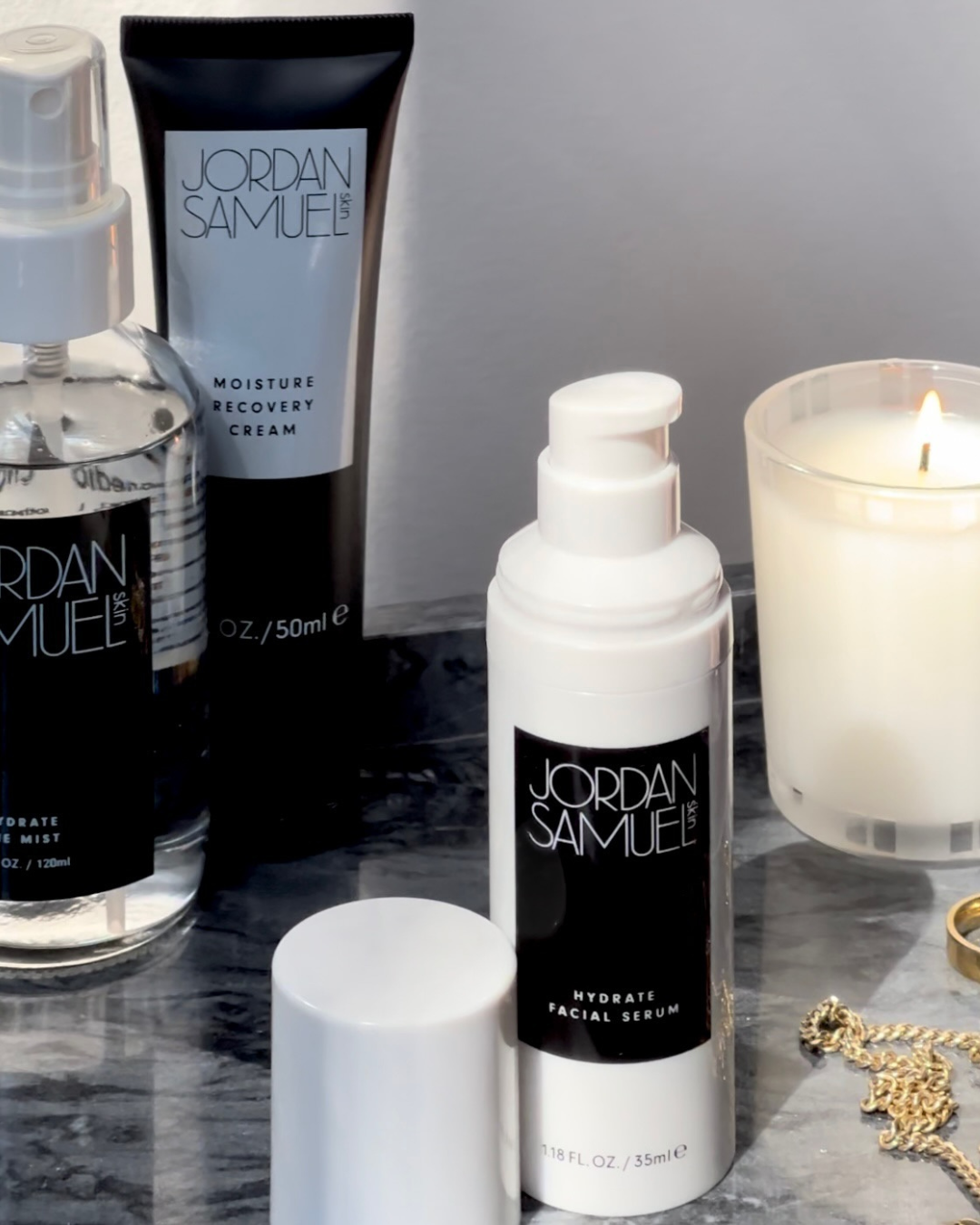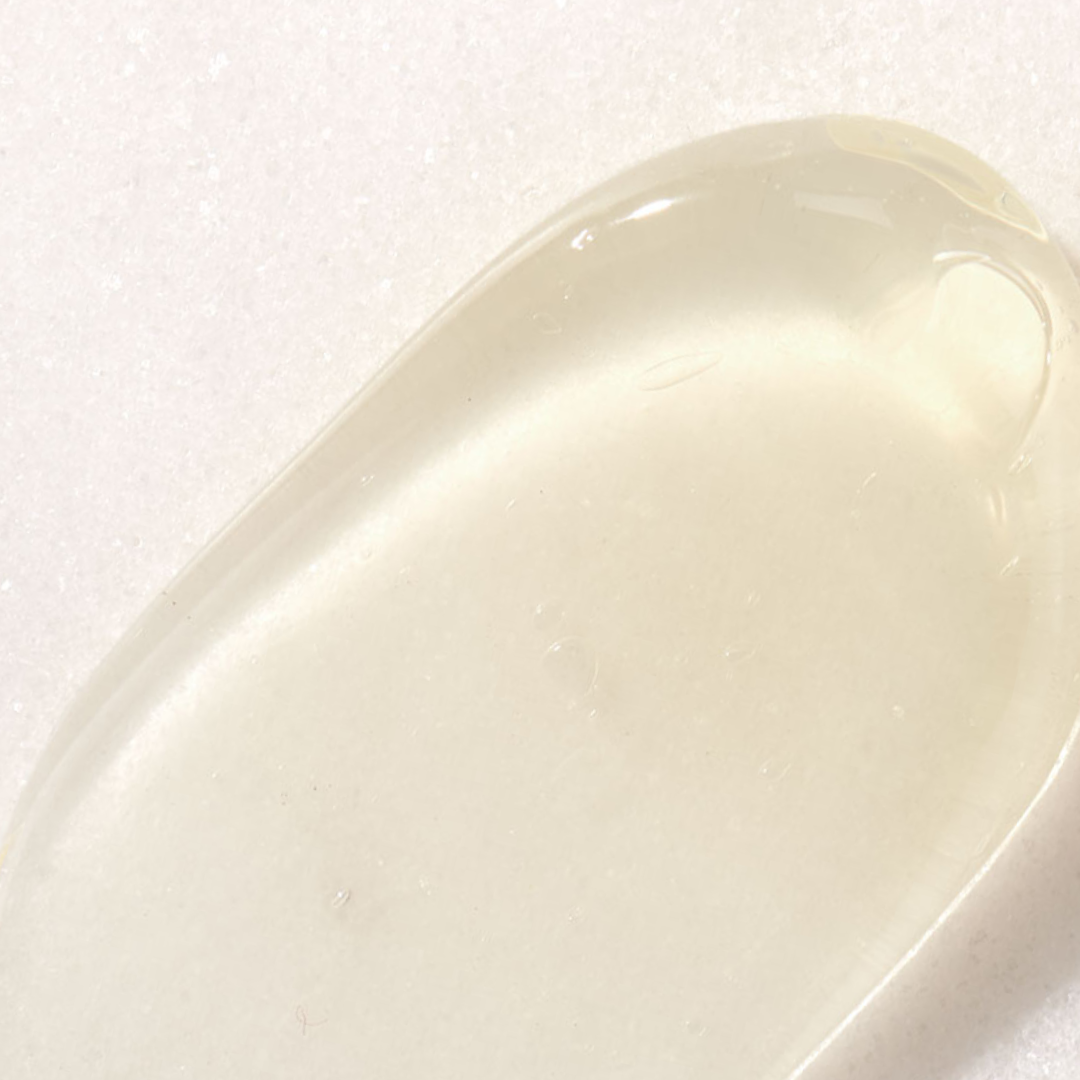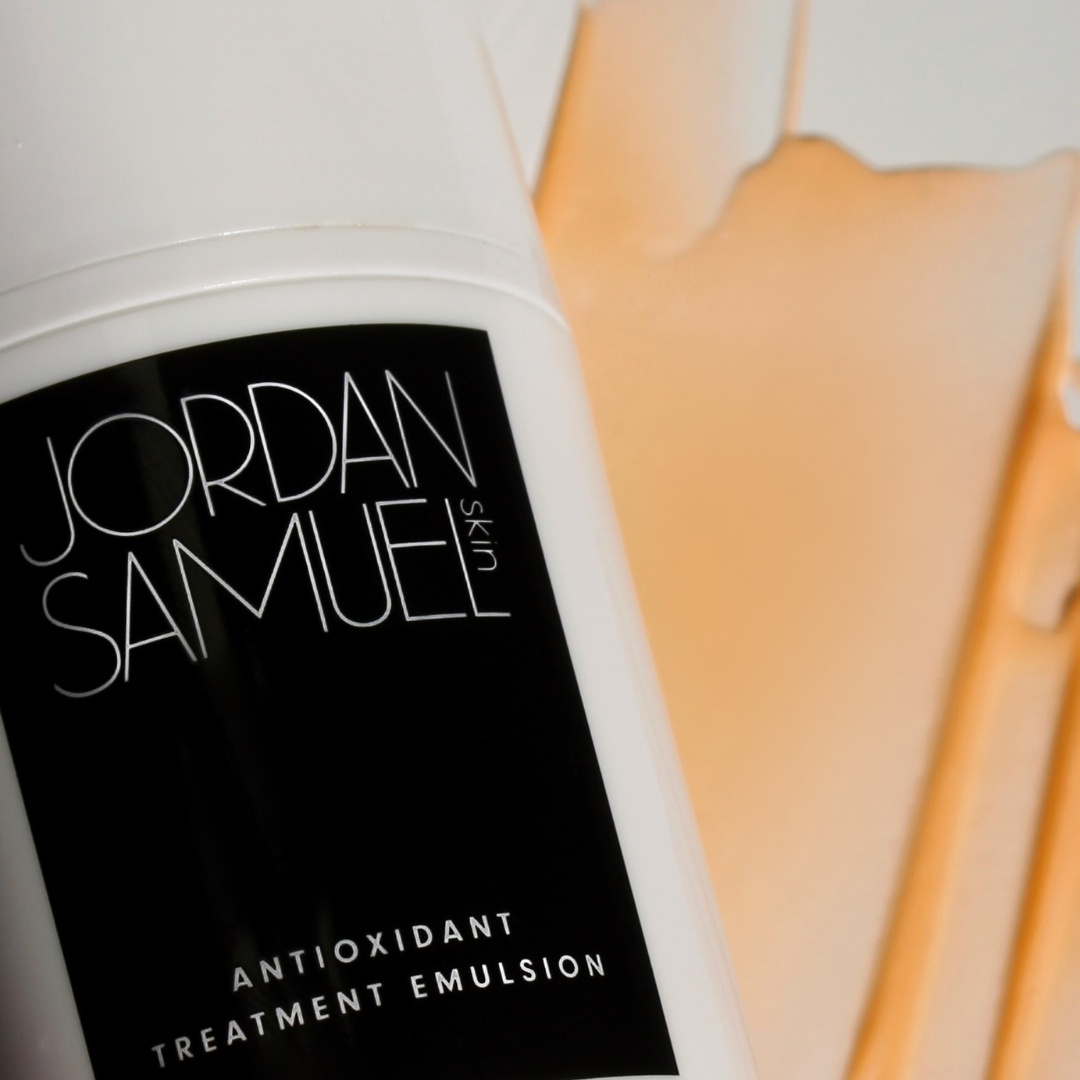Some ingredients are objectively more appealing than others. You can craft a story around a unique plant oil or ultra-modern synthetic peptide, imbuing the formula with a distinctive character. Marketers love these flashy ingredients because stories sell product. Today, we’re delving into the opposite end of the ingredient spectrum. An unsung hero and long-suffering lynchpin of good skincare formulas: glycerin.
Glycerin may not be the sexiest ingredient on the block, but it endures as one of the most-used compounds in skincare. I rely on it in my own collection for everything from cleansers to mists to moisturizers. It’s reliable, effective, and it just plain works!
What Is Glycerin?Glycerin acts as a humectant; it draws in moisture and hydrates skin. It’s also incredibly prevalent, occurring naturally in sources like plant lipids, as a byproduct of soap-making, and even within human skin. Using products that contain glycerin can help replenish your skin’s natural glycerin stores.
Within your skin, glycerin also affects aquaporins—the gatekeepers of water movement through cell membranes. This allows glycerin to help maintain an optimal moisture balance in the surface layers of your skin. It’s also a team player, boosting penetration of other ingredients in a formula. Consequently, glycerin enhances the absorption (and effectiveness) of more active ingredients while it moisturizes.
Why Is Glycerin So Popular?Glycerin boasts a long history of use in skincare, dating back hundreds of years. It withstands the test of time in part because it’s easy for cosmetic formulators to work with. It has no aroma or color on its own, so it can be mixed into a formula without affecting other sensory factors. Glycerin is stable, it doesn’t negatively affect other ingredients, and it can be added to virtually any product.
Who Can Use Glycerin?Another explanation for glycerin’s popularity is its wide appeal. Practically anyone can benefit from it! It helps prevent moisture loss without ever feeling heavy or greasy, making it a suitable option for both dry and oily skin types alike. It’s even a safe bet for ultra-sensitive skin, as it’s unlikely to cause reactions or allergies. Bottom line: glycerin is a practical, dependable ingredient that plays nicely with others. It’s an ideal cast member for your personally choreographed skincare routine!
XO,
Jordan




